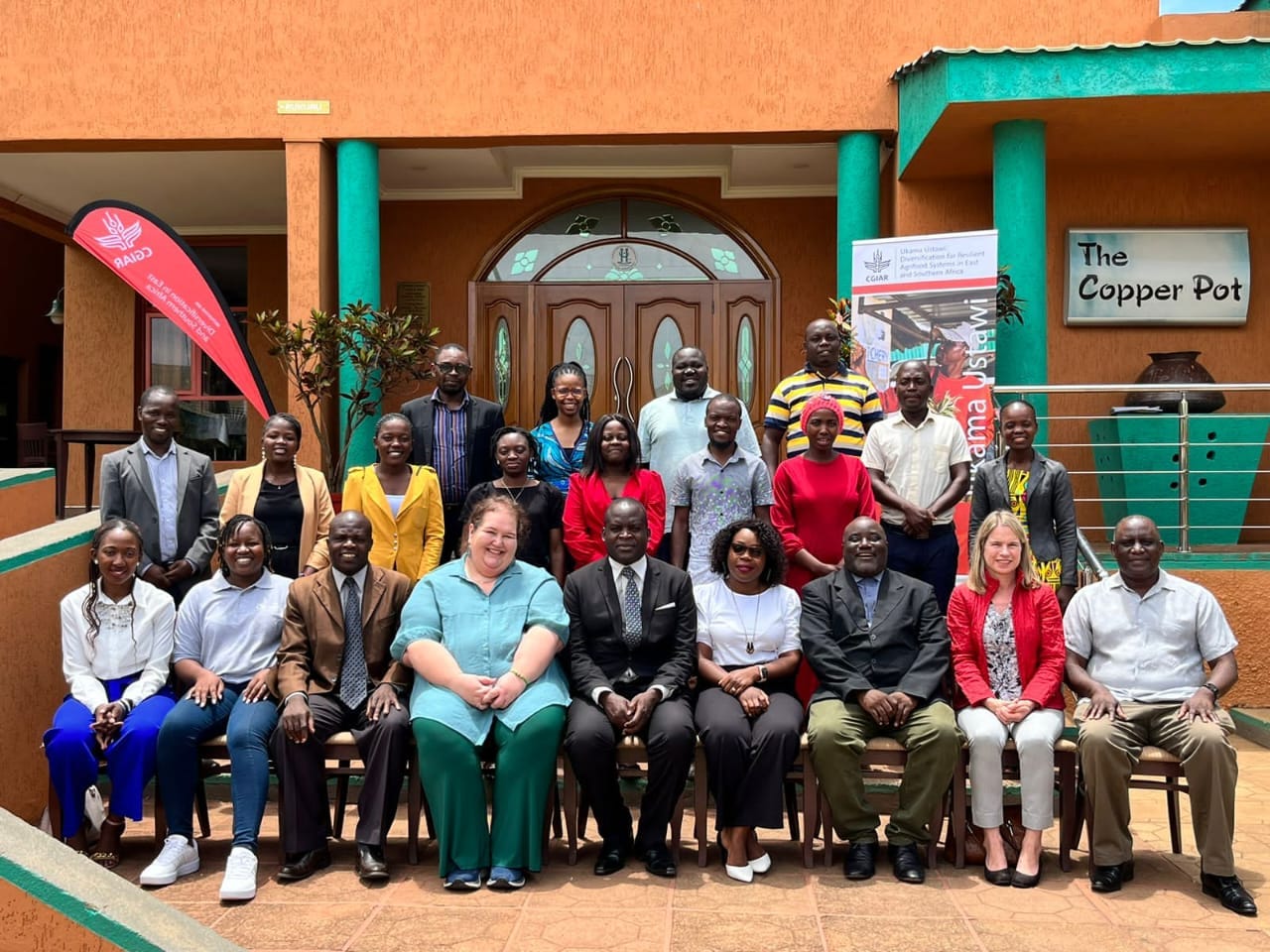Youth Urged to Pursue Agribusiness, Be "Economic Reliance"
The research was conducted October-December 2022 in Balaka, Chikwawa, Nkhotakota and Nkhatabay districts. The Ukana Utsiwa program operates in 12 African countries.
LILONGWE, Malawi- The International Food Policy Research Institute (IFPRI) has urged youth, women and other disadvantaged groups to participate more in agri-entrepreneurship through the 'Ukama Utsawi' program, a CGIAR regional initiative, in order to be "economic reliance for the development of the country", writes Judgement Katika.
Speaking at a research presentation Thursday conducted by Kirk Development Research Consultancy on youth engagement in agripreneurship, IFPRI Senior Research Fellow Kristin Davis said the findings give ways to support youth involvement in agribusiness between her organization, Malawi's government and stakeholders.
Despite perceptions that farming is old-fashioned and dirty, Davis said agribusiness is essential as an "engine for economic growth."
International statistics show more youth are interested in agriculture and agribusiness to make money, she said, calling it the "only solution."
Lead consultant Amon Kabuli said findings show youth lack skills for agripreneurship, accessing finance is difficult, and land access poses challenges because it's expensive to rent.
The government must address land issues while promoting entrepreneurship, he said.
Mindset is also an issue, Kabuli said, because youth don't see farming as a serious business and want quick returns, unlike long crop cycles, so they start motorcycle businesses instead.
Agriculture ministry director Pearson Soko said findings align with observations on low youth engagement in agripreneurship.
Government initiatives target youth and women in agriculture under the Malawi 2063 agenda, which focuses on agricultural commercialization and industrialization relying on agriculture, he said.
Senior researcher Karen Nortje of the International Water Management Institute called the findings crucial to engage youth and "harness what they can offer."
A youth cotton farmer cited capital and facilities challenges.
The research was conducted October-December 2022 in Balaka, Chikwawa, Nkhotakota and Nkhatabay districts.
The Ukana Utsiwa program operates in 12 African countries.



